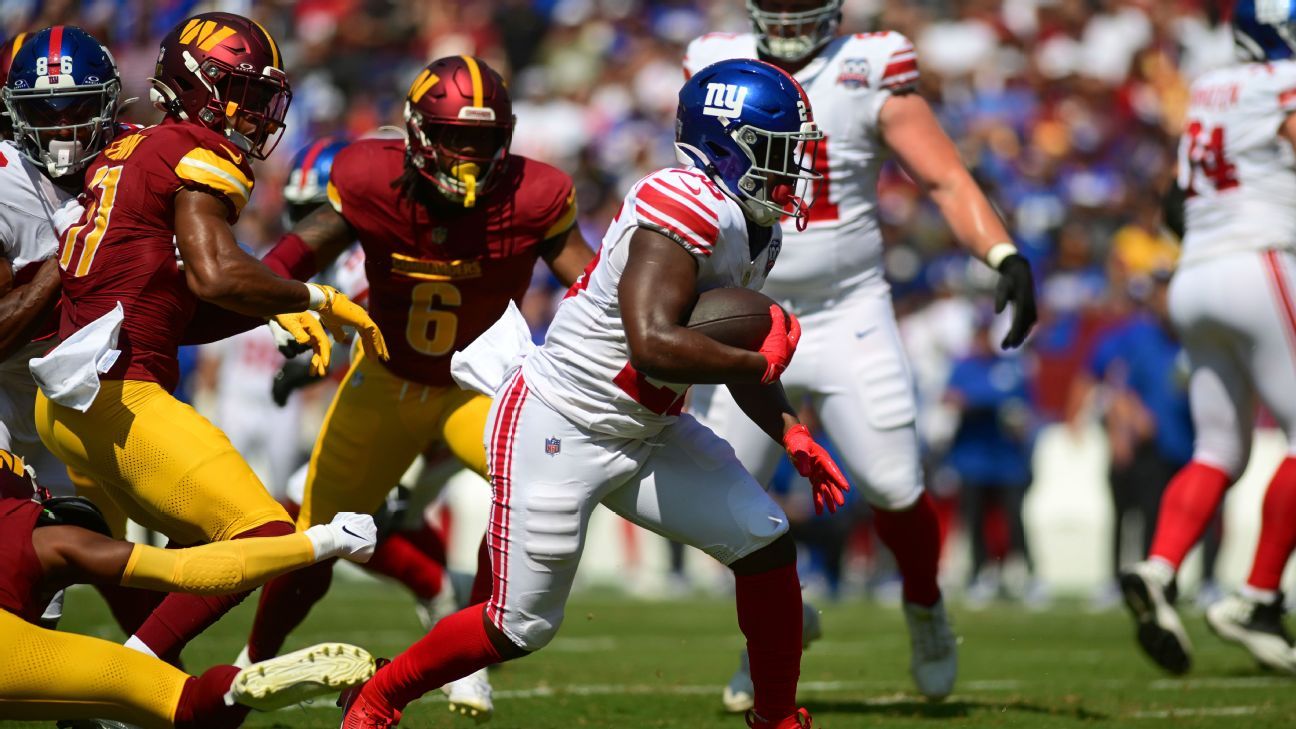Branded is a weekly column devoted to the intersection of marketing, business, design, and culture. A surprising trend seems to have taken off among competing airline brands this summer: sameness. In recent weeks, two of the best-known low-price, low-frills carriers have announced moves that will maneuver them more toward the mainstream.
This follows years of mainstream carriers having to absorb budget rivals’ tactics. The result now is a highly competitive category whose best-known brands appear to be flying in formation. The most notable change came just a couple of weeks ago, when Southwest announced it was doing away with its famous open-seating scheme—core to the brand’s strictly value identity for half a century —and offering premium seating.

Even more recently, the infamously no-frills Spirit, which built a successful business out of rock-bottom basic fares and extra charges for practically everything (including carry-on bags), has announced upscale options including a tier with bigger seats, priority check-in, and even snacks. “It’s now going to be merchandised and sold like a traditional business-class product,” Spirit’s CEO has said . If the budget carriers are becoming more like traditional airlines , that’s partly because traditional airlines have become more like them.
After shrugging off the discounters for years while focusing more on business travelers, American, Delta, and United began aggressively competing for their customers. By the late 2010s , the Big Three all had low-budget fare options with add-on fees for extras like better seats and priority boarding; United even started charging, Spirit-style, for carry-ons. The major airlines have only honed those budget offerings since the pandemic, as leisure travel has become an increased focus for all carriers.
Earlier this year, United said quarterly revenue tied to its Basic Economy offering was up 20% from a year earlier. And while the Big Three could still do lots of upselling beyond the basics, discounters didn’t have much of a counterpunch. Thus the recent moves by Spirit and Southwest to become more like their rivals.
Discounter Frontier has also dabbled with its own upsells, such as Upfront Plus seating, basically guaranteeing that you’re in the first couple of rows, next to an empty middle seat. According to a report in Axios , at least some on Wall Street expect JetBlue to offer a full-on first class option for domestic flights in 2025. If the discounters are conforming to an increasingly standardized playbook, well, that’s what the top U.
S. carriers have been doing for years: The three big airlines, which resulted from a series of mergers in the early 2000s, have copied and matched each other on fares, amenities, and strategies ever since. Even their plane interior color schemes seem interchangeable.
“The big three airlines have dissolved into one big homogeneous blob,” a travel industry analyst told the Wall Street Journal in 2016. “In the 1980s and 1990s, people said airlines were all alike. They were less all alike then than they are now.
” Another analyst complained of a “continual decline in uniqueness” since the 1970s. That big-carrier conformity used to be exactly the thing the upstart discounters rebelled against. But, for a few years now, it’s been rough going for discounters.
Spirit has struggled with profitability since the pandemic, and Southwest has been under pressure from unhappy investors, particularly since a high-profile system meltdown in 2022. Both JetBlue and Frontier targeted Spirit for a merger, but a planned linkup of Spirit with JetBlue was blocked in the courts. Courts have also thwarted a plan for JetBlue and American to coordinate some routes and pool revenue.
In a twist, as those former value-focused brands get increasingly absorbed into the mass market, the most notable maneuver among the Big Three has been in the other direction, as Delta has tried to position itself as the luxury carrier . That has included extra amenities for its SkyMiles members, and improvements to its Sky Club lounges, as well as (the company has said ) a concerted back-end effort to improve on-time performance. This may have helped Delta become the most profitable carrier of the moment, but there’s been some turbulence.
Notably, it had to restrict certain Sky Club access in an effort to keep the crowds down— seriously ticking off loyal customers. And during the recent global tech outage, Delta had to cancel thousands of flights , many more than rival carriers, for which it was recently slapped with a class action lawsuit . (The airline has blamed the meltdown on CrowdStrike and Microsoft, but those companies have pushed back, saying Delta’s slow recovery was partly a function of its own outdated systems .
) But even if it’s (more than) a bit soon to say whether Delta has convinced picky elite flyers that it’s the only brand for them, United, eyeing Delta , is adding upscale seating options and cabin improvements to attract that picky premium crowd. Breaking out of this formation won’t be easy. Apply to the Most Innovative Companies Awards and be recognized as an organization driving the world forward through innovation.
Early-rate deadline: Friday, August 23..



















